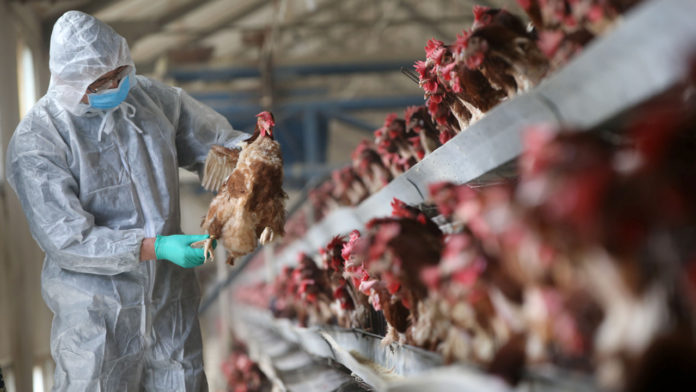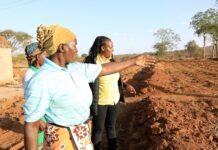The government of Ghana is set to compensate poultry farmers who lost their birds, due to the outbreak of the Avian Influenza H5N1, popularly known as “Bird Flu.”
Minister of Food and Agriculture, Dr Owusu Afriyie Akoto made the announcement and said the ministry has secure GH¢20m from the Finance Ministry, by next week disbursement will begin
“We are still in the process of concluding the modalities for the disbursement. The latest strain of the virus in the country and other parts of the sub-region region was “very deadly and massive and tremendously affected the poultry industry,” said Dr Owusu.
Over 700,000 birds and quantities of crates of eggs had been culled and destroyed in the country following the outbreak of the bird flu at a poultry farm in Tema on July 18 last year, which had since spread across the country.
Financial clearance
Although the spread of bird flu had been brought under control, the poultry farmers who had lost their livelihoods due to the infections, had been crying out to the government for compensation to get back to business.
Dr Akoto further disclosed that the government had given financial clearance for the recruitment of 500 veterinary surgeons and technicians to expand services and improve upon animal health in the country.
The bird flu was first reported in Ghana in April 2007 which was brought under control, but had since been recurring in the country with consequences for the poultry sector, especially the smallholder poultry farmers and poultry intake in the country.
In Ghana, poultry meat consumption is dominated by chicken meat and the country is reported to be spending in the region of $374 million to import poultry products annually from the United States of America, Brazil and the European Union to supplement local production.
Various initiatives had been implemented to address the short fall in poultry production in Ghana with the latest being the “Rearing for Food and Jobs,” but the initiative has suffered a setback due to the outbreak of the global COVID-19 pandemic that has affected the agriculture value chain.









